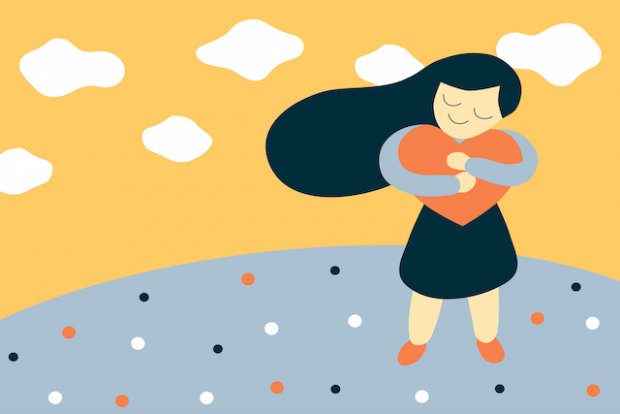The mind is powerful, yet it’s so fragile. Everyone struggles with some form of a mental health issue. One of the most important parts of mental health is mitigating the amount of stigma surrounding these issues. There is no human who doesn’t go through some type of mental difficulty or illness. In fact, many of the mental health struggles you’ve heard about are found in all types of people. Below are a few mental health struggles that are much more common than you might think.

Depression
While the phrase “I feel depressed” is thrown around more than the number of people who struggle with clinical depression, the illness is quite common. 7.8 percent of Americans have major depressive disorder according to the National Institute of Mental Health. It is even more common in specific demographics. This is a large number of people. Despite the fact that many people say they feel depressed when they don’t have the disorder, the number of individuals struggling with depression is significant.
Self-Esteem
Whether issues surrounding self-esteem were created by nature, nurture, or both, there are plenty of people who have low or high levels of esteem for themselves. Both can be an issue, but most of the time low self-esteem is the problem. Low self-worth and opinions of oneself can lead to all kinds of detrimental consequences. What is low self-esteem?
Low self-esteem is when someone feels bad about themselves, doesn’t like themselves for whatever reason, or when someone doesn’t believe they are worthy of good things. Parenting has so much to do with the esteem of a person, but there are also genetic factors. However these issues came about, there are millions of people who have self-esteem problems. It is one of the most common struggles.
Obsessive Compulsive Disorder (OCD)
Obsessive compulsive disorder, otherwise known as OCD, wasn’t studied much until recently. Psychologists are still gaining understanding about this specific but broad disorder. This disorder can manifest itself in all kinds of ways. Symptoms include fixation, ticks, rituals, anxiety, and panic. Control is such a large part of OCD.
Just like people who have it fear lack of control, the disorder can also be managed. It’s possible to take control of your OCD with the help of professionals. Like depression, a lot of people claim they have OCD, but many do not. Even still, about two percent of the world’s population have OCD. There is a big difference between healthy habits and obsessive-compulsive ones.
Anxiety
Anxiety is so much more common than a lot of people think. People will be anxious and not know what is going on. Everyone gets anxious, but so many people struggle with anxiety disorders. Are you having trouble breathing? Shortness of breath?
If you’re having physical symptoms, it could be a manifestation of anxiety. Other symptoms include stress, panic, and irrationality. Whether you are aware that you’re anxious or can’t tell, getting some treatment can really help. You might need medication, but there are plenty of other ways to treat anxiety.
Post-Traumatic Stress Disorder (PTSD)
Post-traumatic stress disorder (PTSD) typically gets talked about with war veterans, but there are plenty of other people struggling with the disorder. PTSD is much more common than people talk about. If you’ve been through a traumatic experience and feel physical and emotional symptoms, you might be experiencing PTSD. PTSD shows itself in all kinds of ways. With traumatic experiences, there are consequences. Do you think you have PTSD? You could always get tested by professionals.
Mental health is an often-ignored part of human life. Just about everyone has some sort of struggle with mental health. Whether it’s PTSD, anxiety, depression, low self-esteem, or something else, everybody has something to deal with. There’s nothing to be ashamed of. You would take care of your body, why wouldn’t you take care of your mind?
The mind is fragile, but it is also powerful. You can heal from your sorrow and mental health issues. You can live happily with depression, anxiety, PTSD, and other disorders. Whoever you are, there is something that you struggle with. When we can talk openly about our mental health, we will all get better and work on ourselves more thoroughly.



